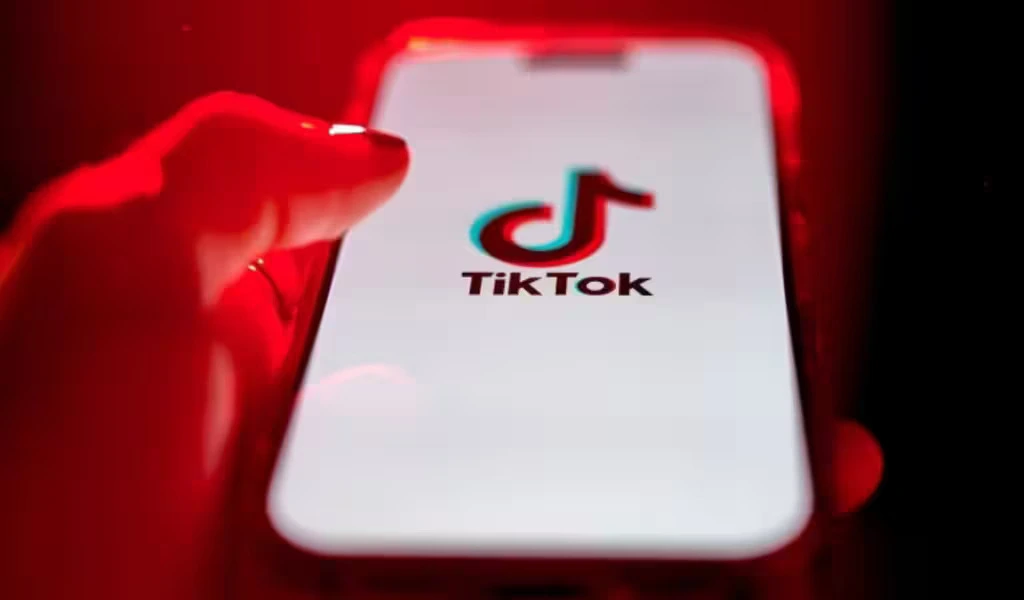Tech
Law Requiring TikTok to Divest or Get Banned Upheld by US Supreme Court.

(VOR News) – TikTok, a video service with 170 million users in the United States, may be forced to suspend operations after the US Supreme Court upheld divest-or-ban legislation against it. The app’s fate would be decided by the new president, Donald Trump.
By January 19, the day before Trump’s reinstatement, ByteDance, the Chinese parent company of TikTok, must either divest from the service or face a nationwide ban.
It was a unanimous ruling by the Supreme Court on Friday that “TikTok undeniably offers a distinctive and extensive platform for expression, engagement, and community for more than 170 million Americans.”
Congress got rid of TikTok because they were worried about national security.
Because of the Supreme Court’s ruling on Friday, the video app might not work in one of its most important areas. After the verdict, the Biden administration said that the ban would not be enforced for the rest of the time of the president who was leaving office.
The White House told us: “This administration acknowledges that the responsibility to enforce the law must be transferred to the subsequent administration, which assumes office on Monday, due to the constraints of timing.”
The file said: “TikTok must remain accessible to Americans, but solely under American ownership or an alternative ownership that addresses the national security concerns identified by Congress in the formulation of this law.”
Trump said on Truth Social that the court’s ruling was “expected” and that “everyone must follow it.” He also said that he would make a choice about TikTok soon, but that he needed some time to think about it.
The CEO of the group, Shou Zi Chew, thanked Trump in a TikTok video after the decision was made. That being said, he did not promise that the app would still be available in the US on Sunday.
“I wish to convey my appreciation to President Trump for his commitment to working with us to ensure TikTok’s continued presence in the United States.” He said that the next president “truly understands” the plan. “This represents a robust defense of the First Amendment and a rejection of capricious censorship.”
Companies that host or spread the video software could be charged $5,000 per user if TikTok can’t sell it in a few days.
The software may remain available in the Apple and Google app stores, or Oracle, which offers TikTok cloud and data services in the United States, may begin doing so on Sunday. To preserve its interests, the organization may consider closing. Apple, Oracle, and Google did not return queries for comment.
According to US Attorney General Merrick Garland, the ruling “empowers the Justice Department to thwart the Chinese government from weaponizing to undermine America’s national security.”
Lisa Monaco, the deputy US Attorney General, stated that “the subsequent phase of this endeavor, involving the implementation and enforcement of the law post-January 19, will be a gradual process.” TikTok claims that a spin-off is technologically impractical, and Beijing opposes any sale.
Trump claimed on Friday that he spoke with Xi Jinping about TikTok.
The leaders hadn’t interacted in four years. Days before the Democratic president resigned, the Supreme Court upheld one of Biden’s most daring legislative proposals.
On Thursday, Mike Waltz, Trump’s newly hired national security advisor, stated that the legislation “permits an extension provided a viable agreement is available.” As a result, President Trump has more free time to manage TikTok.
The Financial Times reported this week that Chinese officials are considering Elon Musk’s capacity to negotiate a platform sale in light of his relationship with Trump.
Trump has sparked interest among prospective partners and buyers. Frank McCourt, an American media and sports tycoon, has created Project Liberty, a nonprofit investor consortium that competes with TikTok.
According to two sources, TikTok CEO Chew planned to attend President Trump’s inauguration on Monday and his “victory rally” in Washington on Sunday. The bipartisan TikTok ban, imposed last year, was spurred by concerns that Beijing might use the popular video site for propaganda or espionage.
The supreme appellate court concluded that there is “no basis for asserting that the government’s assessment of China’s potential actions is not at least a’reasonable inference[e] based on substantial evidence,'” given that China “has not yet exploited its association with ByteDance Ltd to obtain data from US TikTok users.”
TikTok requested Supreme Court review after a US appellate court denied its appeal to the legislation and request for a stay pending further legal procedures. The social networking site said that the measure was illegal and violated the First Amendment’s right to free expression.
SOURCE: FT
SEE ALSO:
ByteDance Calls TikTok Sale to Musk Fake News
First Look At Nintendo’s Switch 2: Everything We Know About It.






























